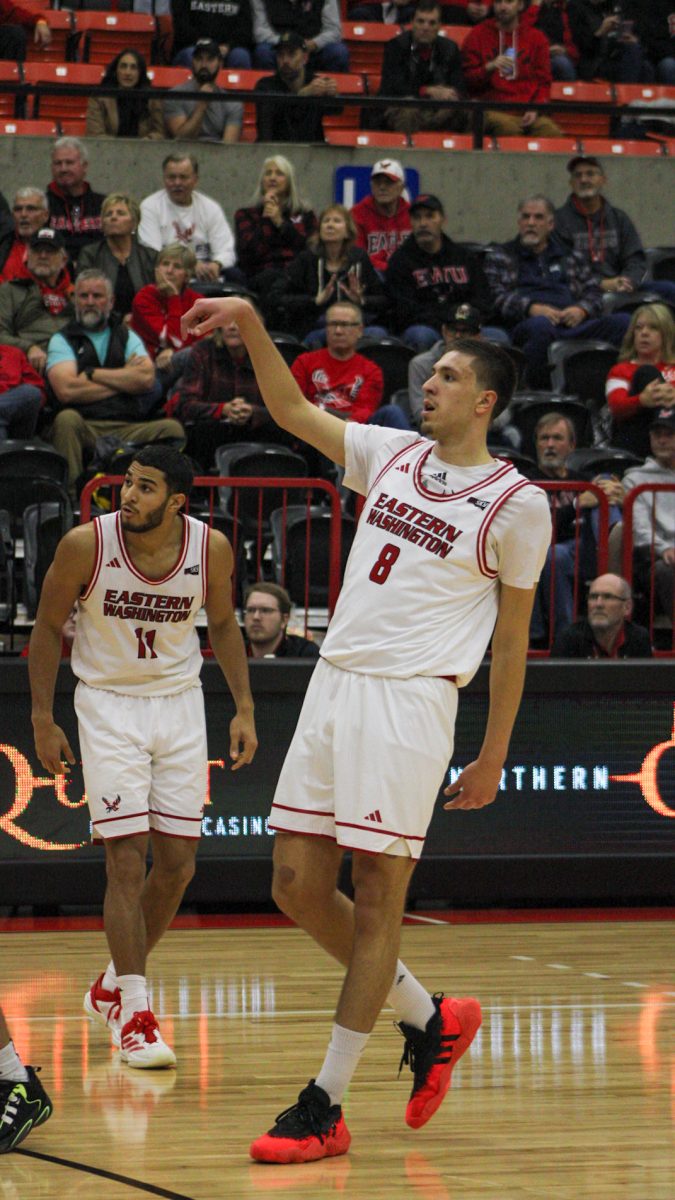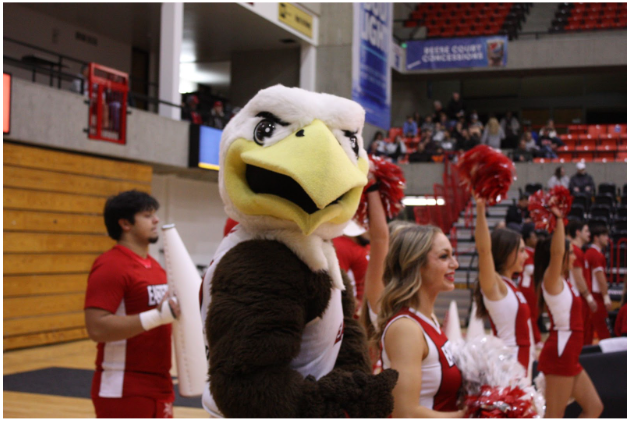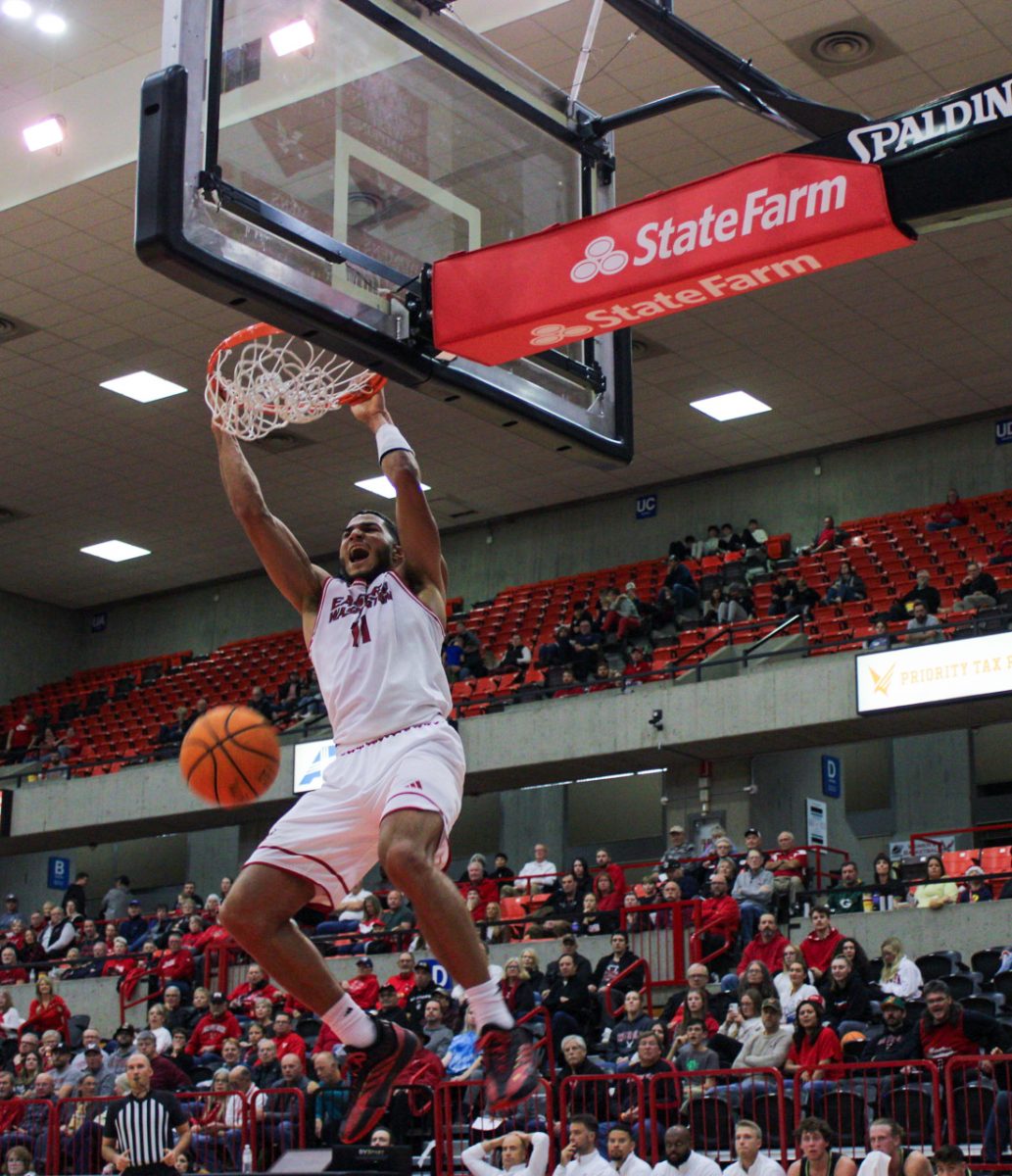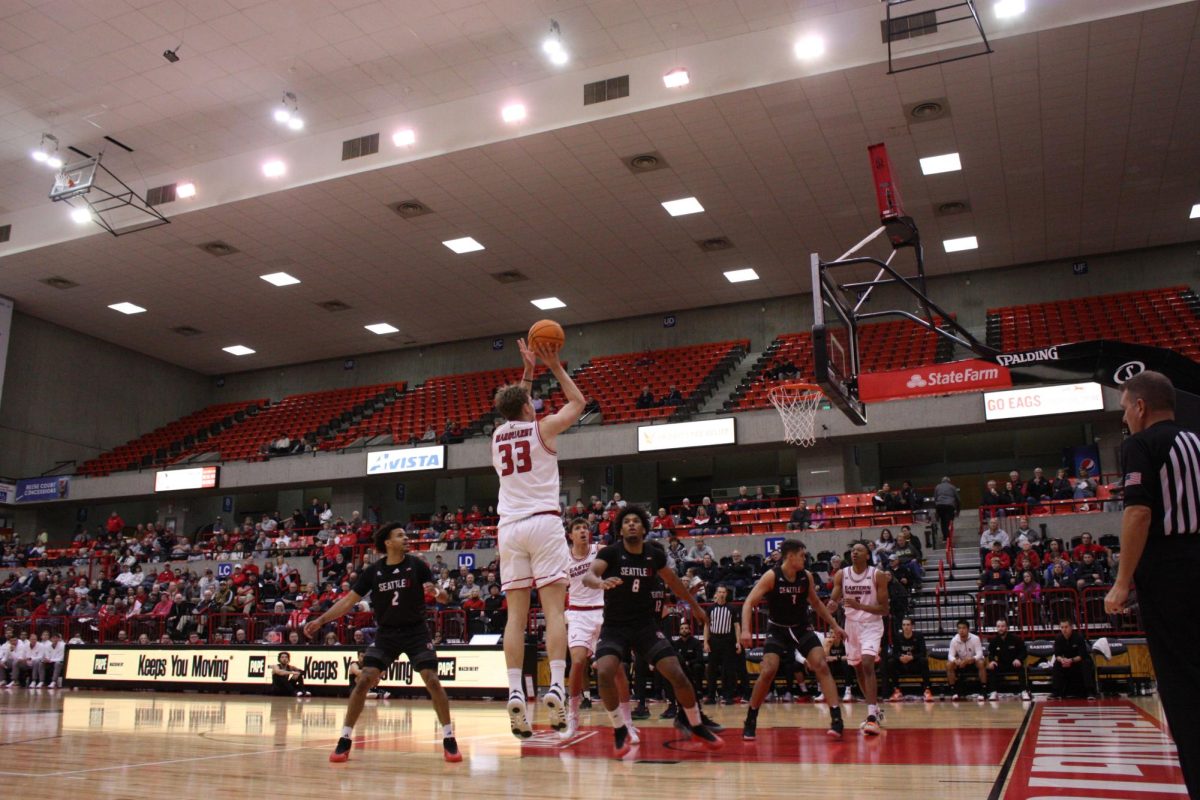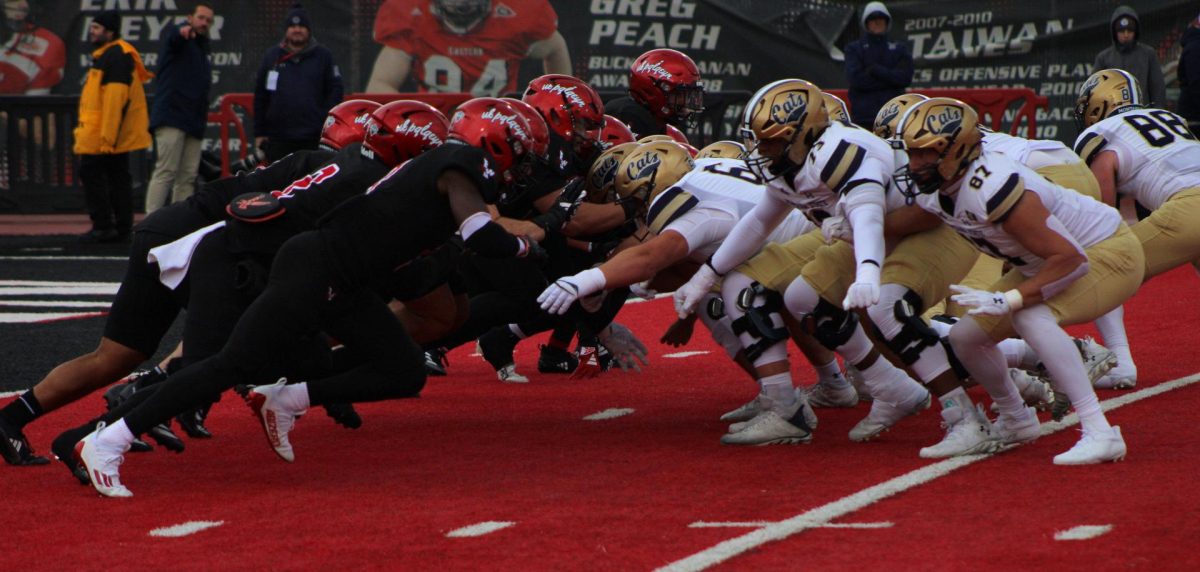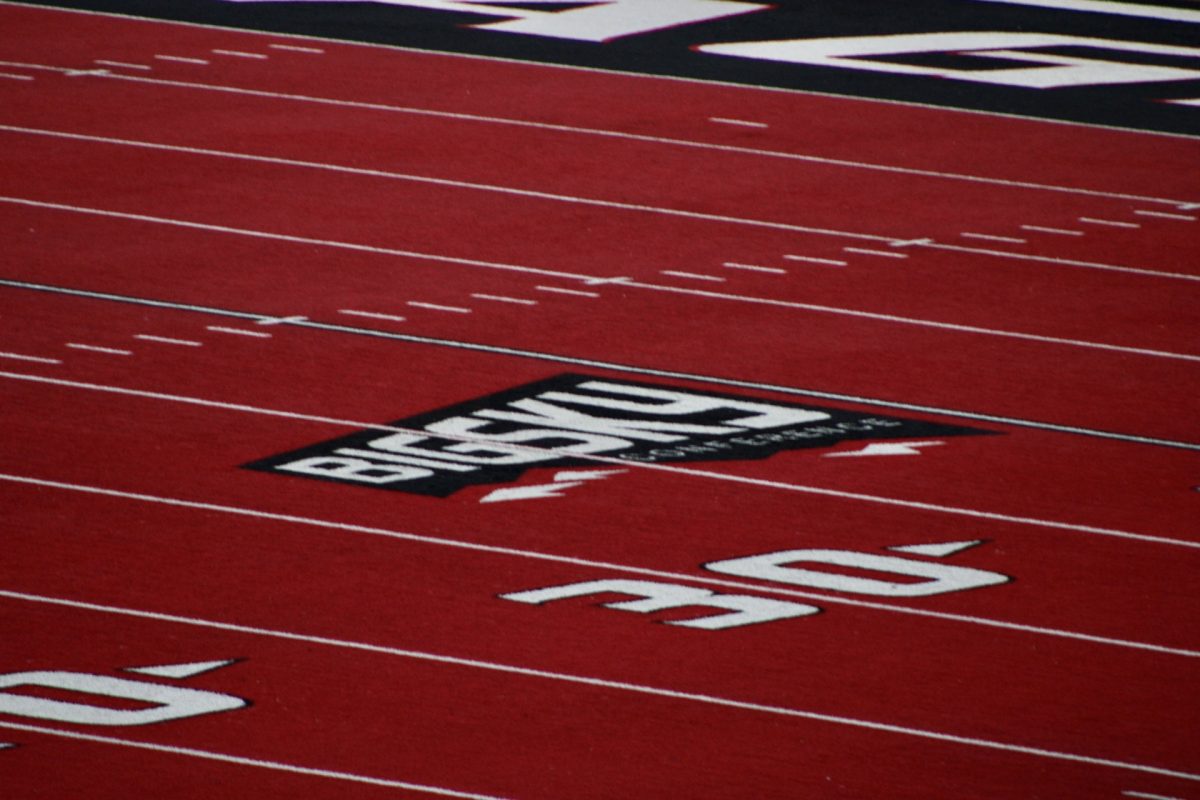By Peter Sowards
SENIOR REPORTER
[email protected]
On Nov. 11, 2012, the University of Washington men’s basketball team opened their season with an 85-63 victory over Loyola, Maryland. Striving to inform his audience to the best of his ability, Tacoma News Tribune sports writer Todd Dybas live-tweeted the Huskies’ victory.
In all, Dybas tweeted 53 times from tip to final buzzer.
For the University of Washington, that was too many—33 too many—according to their “live coverage policy” that had been recently instituted.
“Periodic updates of scores, statistics or other brief descriptions of the competition throughout the event [by credentialed media] are acceptable, as long as they do not exceed the recommended frequency (20 total in-game updates for basketball, 45 total in-game updates for football),” the policy states.
“Tonight I was reprimanded by the University of Washington for tweeting too much during a live event,” Dybas tweeted after the game. “The university has a cap on tweets and game-thread entries during live events, so expect less coverage going forward because of this policy.”
If it was UW’s intention to outrage the journalism community, they succeeded. Deadspin contributor Samer Kalaf published a post on the website criticizing the university, saying it’s “an awful idea to limit a media’s tweeting capacity.” Seattle sports columnist and SportsPress Northwest founder Art Thiel called the policy “breathtakingly stupid” and added, “It’s so 1960s when teams thought telecasts of home games would threaten the gate. They were so wrong—then and now.”
UW athletic director Scott Woodward, in an interview with Dave “Softy” Mahler on KJR Sports radio shortly after the incident, defended the school’s policy: “We’re always going to protect live descriptions of events.” He went on to say that it was not a big deal.
As a sportswriter for The Easterner who uses Twitter to live-tweet football games using the handle @EasternerSports, this policy greatly disturbed me. A university limiting the speech of reporter during a live event is a slippery slope. How many tweets are too many? Where does one begin to draw the line?
Thankfully, there’s no censorship like that at Eastern Washington University, right?
Wrong.
During the week leading up to the Eagles’ first playoff game versus Wagner, I received an email from the EWU sports information department informing me of the NCAA’s media policies during a “championship event,” such as a Football Championship Subdivision playoff game. According to the NCAA, “a credentialed media member may blog or provide updates via social media during any NCAA championship event, provided that such posts do not produce in any form a ‘real-time’ description of the event as determined by the NCAA in its sole discretion.”
So, I can tweet during the games, just so long as I’m not forming a “real-time” description of the event? The language seemed a bit nebulous to me, so I asked EWU sports information director David Cook for some clarification. He explained to me that if my tweets constituted a live-streaming of events, my media credentials could be taken away and I would be asked to leave the press box.
To be stripped of my media credentials and asked to leave the press box seems like pretty harsh punishment for simply providing an accurate transcription of events, wouldn’t you say? There is a contingent of fans that rely on @EasternerSports’ twitter feed to provide them with the most up-to-date information, and it is my journalistic duty to satisfy that request. To deny them that would be to disregard what all journalists hold most dear: loyalty to their readers.
I decided to scale back my tweeting so that there would be no chance of having my media credentials revoked. My reasoning was this: if I pushed the limit too much and was asked to leave the press box, I would not have been able to get post-game access to coaches and players and therefore be unable to write an adequate game recap.
In the end, the NCAA and University of Washington have the authority to limit speech of live events, due to their proverbial “ownership” of the affairs,but does that make it right? Of course not—and it sets a terrible precedent, one that puts a product over freedom of speech.




